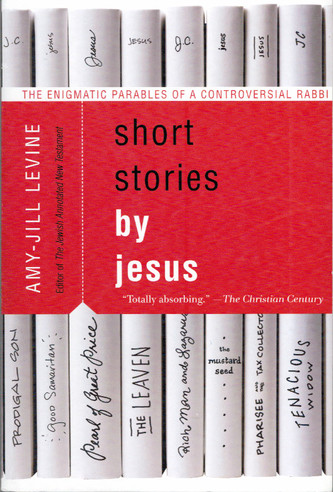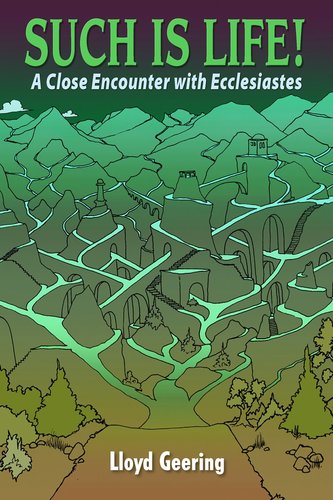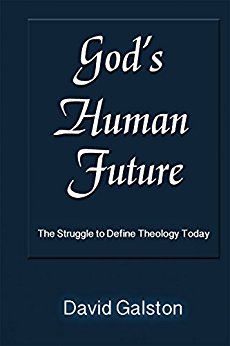
Short Stories by Jesus
This Book Study will begin February 5, 2017
The renowned biblical scholar, author of The Misunderstood Jew, and general editor for The Jewish Annotated New Testament interweaves history and spiritual analysis to explore Jesus’ most popular teaching parables, exposing their misinterpretations and making them lively and relevant for modern readers.
Jesus was a skilled storyteller and perceptive teacher who used parables from everyday life to effectively convey his message and meaning. Life in first-century Palestine was very different from our world today, and many traditional interpretations of Jesus’ stories ignore this disparity and have often allowed anti-Semitism and misogyny to color their perspectives.
In this wise, entertaining, and educational book, Amy-Jill Levine offers a fresh, timely reinterpretation of Jesus’ narratives. In Short Stories by Jesus, she analyzes these “problems with parables,” taking readers back in time to understand how their original Jewish audience understood them. Levine reveals the parables’ connections to first-century economic and agricultural life, social customs and morality, Jewish scriptures and Roman culture. With this revitalized understanding, she interprets these moving stories for the contemporary reader, showing how the parables are not just about Jesus, but are also about us—and when read rightly, still challenge and provoke us two thousand years later.

Such is Life
This Book Study will begin May 21, 2017
Though some twenty three centuries have passed since an anonymous Jewish sage calling himself the Proclaimer (Ecclesiastes) set down his thoughts about life, they are strangely in tune with todays secular age. Its surprising, therefore, that they ever found a place in Holy Scripture. Lloyd Geering has brought Ecclesiastes to life by ingeniously composing imaginative dialogues with the sage, which show that he was a free thinker, a humanist, and an existentialist. In fact, this biblical heretic essentially undermined the rest of the Hebrew Bible by finding no discernible thread of purpose in the universe or in human existence, and by proposing that though Nature operates in ever-repeating cycles, much of human life is determined by sheer chance. The role of the sage, as Ecclesiastes saw it, was not to pass on gems of eternal wisdom, but to goad us into thinking things out for ourselves in our search for meaning in life.
 God's Human Future
God's Human Future
This Book Study will begin October 29, 2017
The “death of God” movement famously declared that belief in the God of Christian tradition is meaningless in the modern world. Does this herald the death of theology, too? No, suggests Galston. At its best, theology is the place where tradition pushes itself to the limits of its own thought. Problems arise when theology holds onto an old version of God, emphasizing a closed approach to religion. How can communities foster a more open-minded and flexible approach to theology? How can theologians respond to the pressing concerns of modern culture sensitively and intelligently without clinging to outdated metaphors for God? Marking key features and turning points in Western theology, Galston combines expertise in the philosophy of religion with practical experience as a facilitator in a wisdom-based community, to guide readers through questions surrounding the future of religion.
